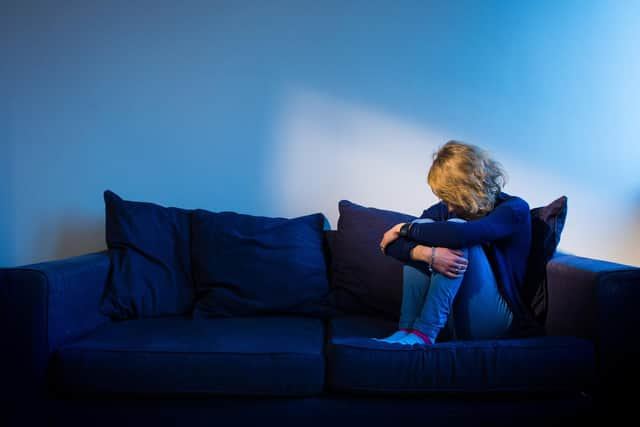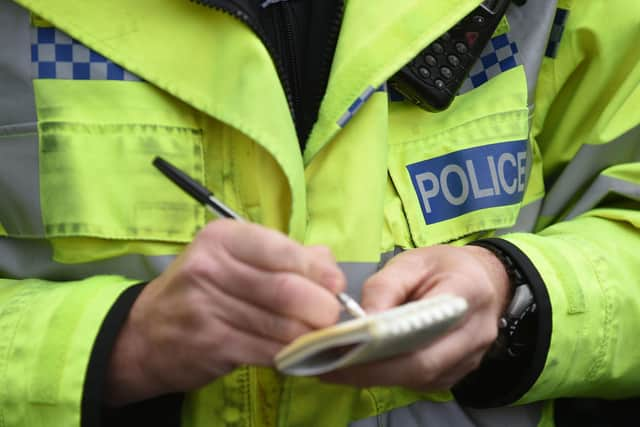Fewer than a DOZEN people convicted of rape in Bedfordshire last year
and live on Freeview channel 276
Fewer than a dozen people were convicted of rape in Bedfordshire last year as hundreds of new offences were recorded by police, new figures show, suggesting victims are rarely seeing justice done.
The Government announced a new pilot court scheme last week in a bid to increase low prosecution and conviction rates across England and Wales.
Advertisement
Hide AdAdvertisement
Hide AdThe initiative means prosecutors, police officers and other staff at pilot courts in Newcastle, Leeds and Snaresbrook in London will receive specialist trauma training, with any conclusions learned rolled out across the country to increase the volume and speed of rape cases going through the system.


Rape Crisis said the courts are a step in the right direction to arrest “appalling prosecution rates” but that more information is needed on how they will work.
Ministry of Justice figures show 25 rape cases were heard in court in 2021 following investigations by Bedfordshire Police, with 10 resulting in convictions – up from seven in 2019, before the coronavirus pandemic.
But 601 alleged rapes were recorded by the force last year, separate Home Office data outlines, meaning only a fraction are likely to lead to a conviction.
Advertisement
Hide AdAdvertisement
Hide AdJustice Secretary Dominic Raab said the pilot courts, which are due to be operational in October, "will focus on improving support for victims, tackling the backlog and reducing delays”.


He added: “We’re also rolling out pre-recorded evidence faster, recruiting 1,000 sexual violence advisors, developing a 24/7 helpline and improving collaboration between police and prosecutors to ensure victims get the justice they deserve.”
But Jayne Butler, chief executive of Rape Crisis, said enough is not known about how the specialist courts will work and insisted a "proper consultation with specialist sexual violence support services" is needed.
Ms Butler also highlighted how low prosecution rates have “effectively decriminalised” rape and discouraged victims from coming forward and reporting crimes.
Advertisement
Hide AdAdvertisement
Hide AdIn Bedfordshire, just 3.5% of the 424 rape investigations concluded by police last year led to a charge or summons.
Some 15% of cases were dropped due to evidential difficulties, despite the support of the victim and the suspect being identified, while a further 72% were dropped because the victim did not support further action.
No suspect was identified in 5% of cases.